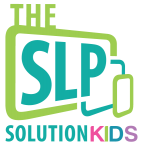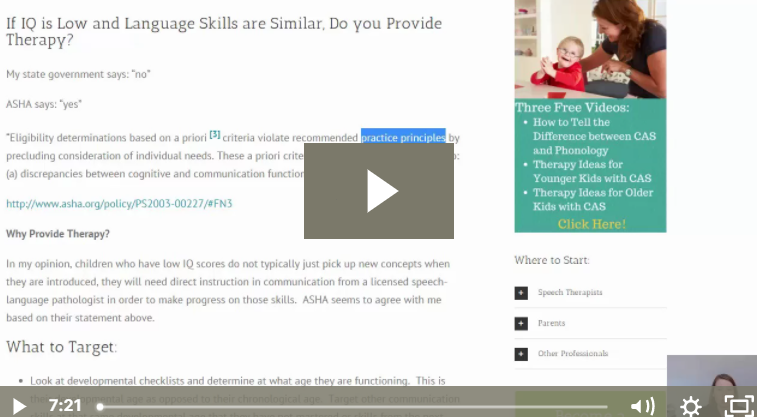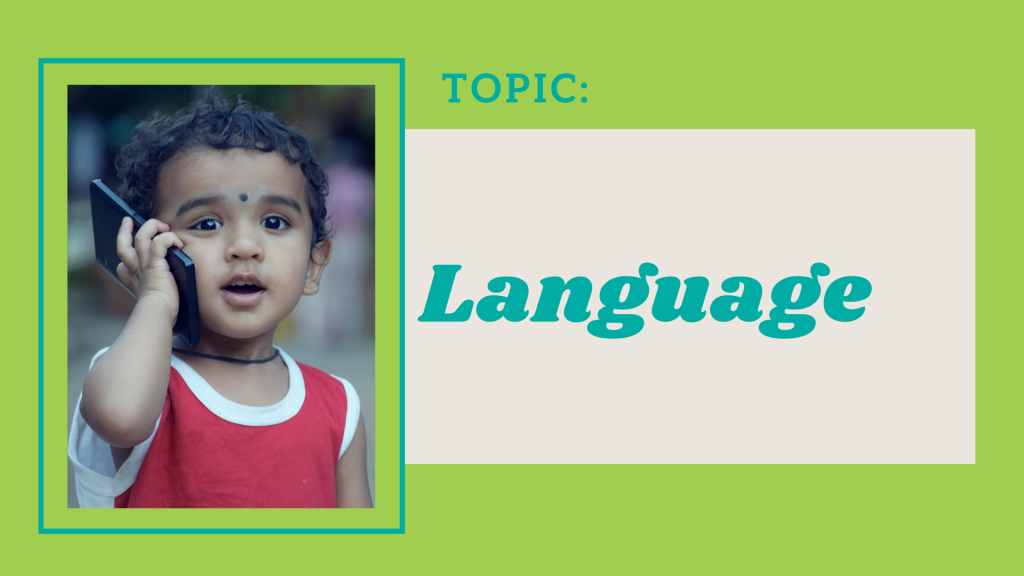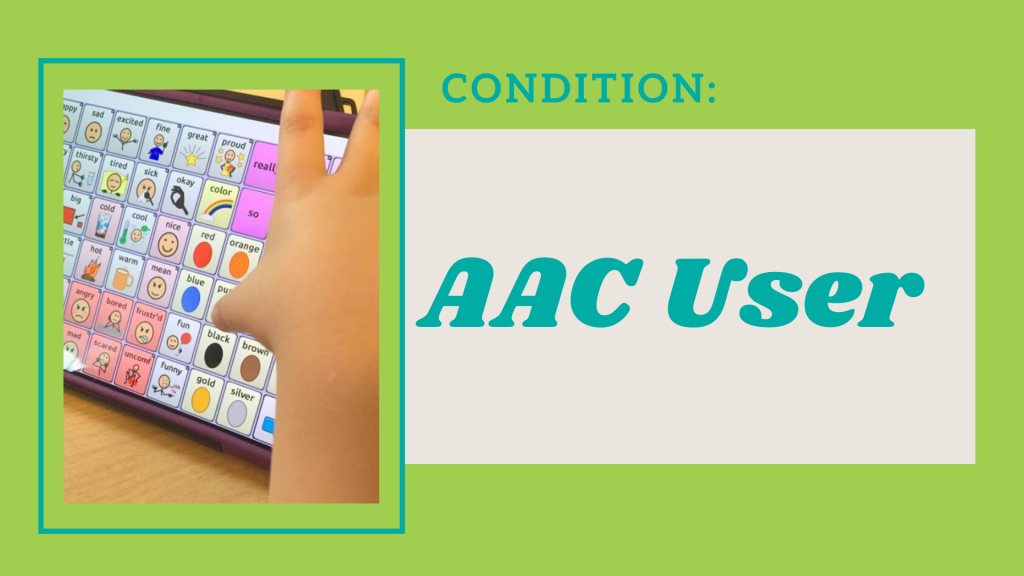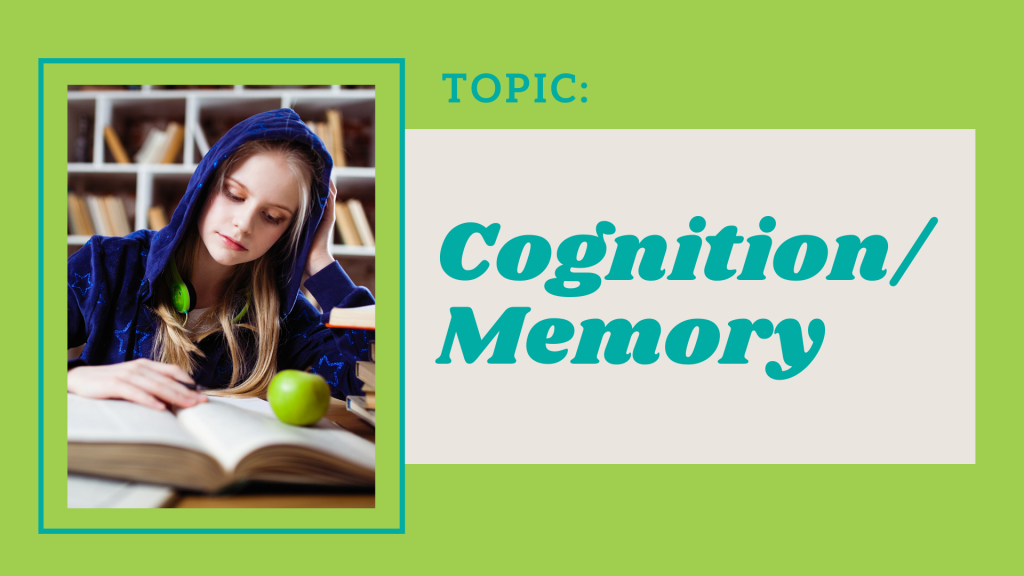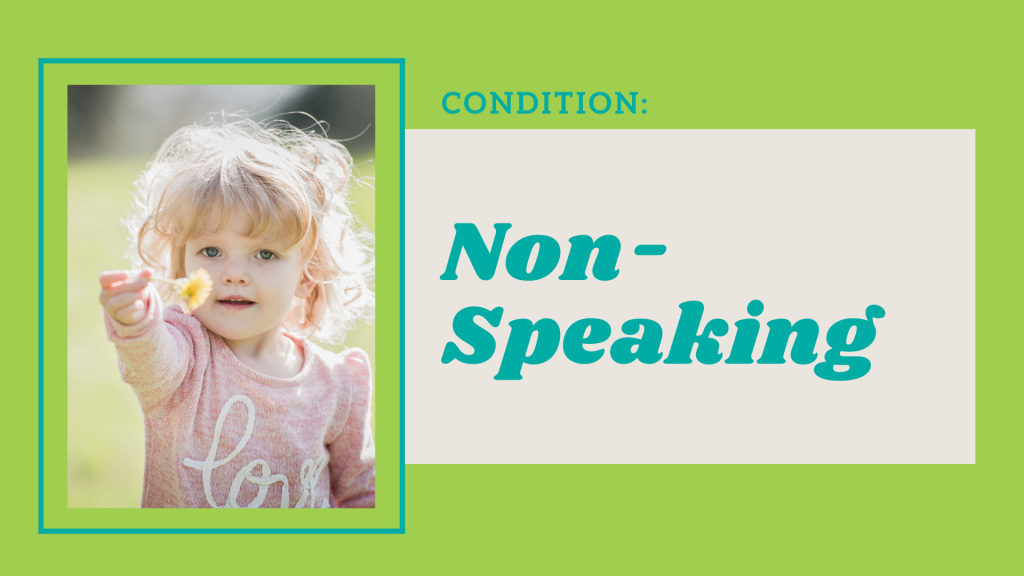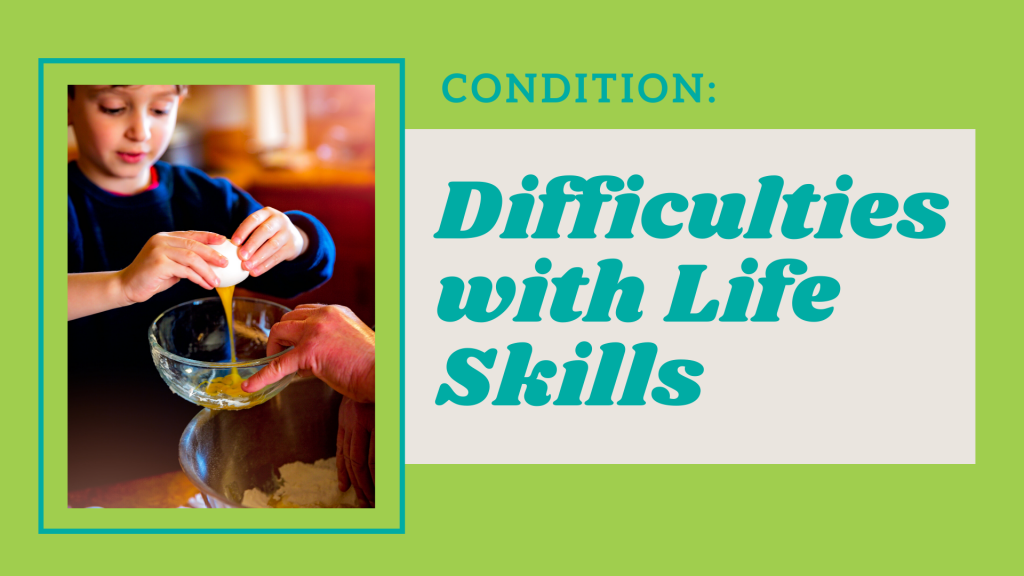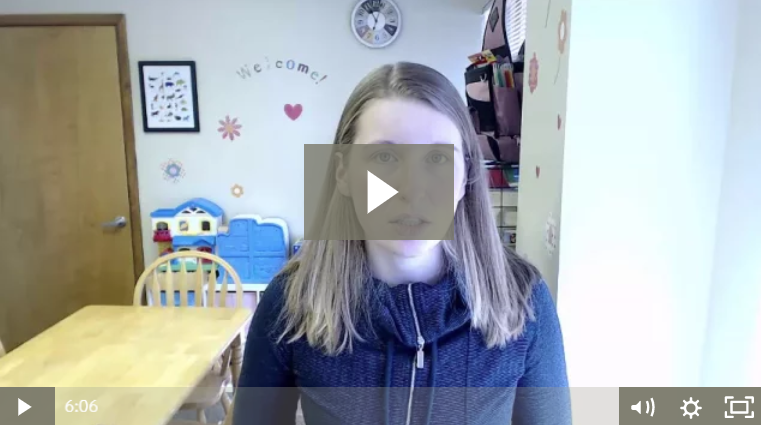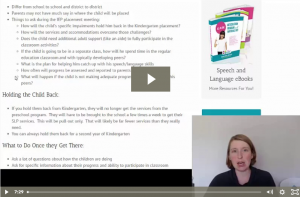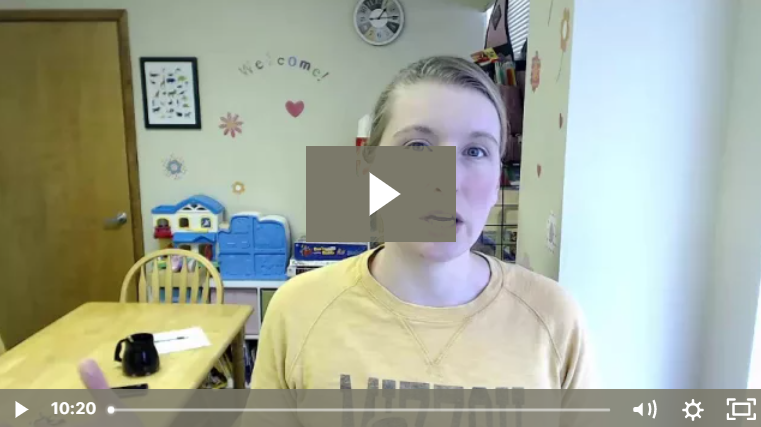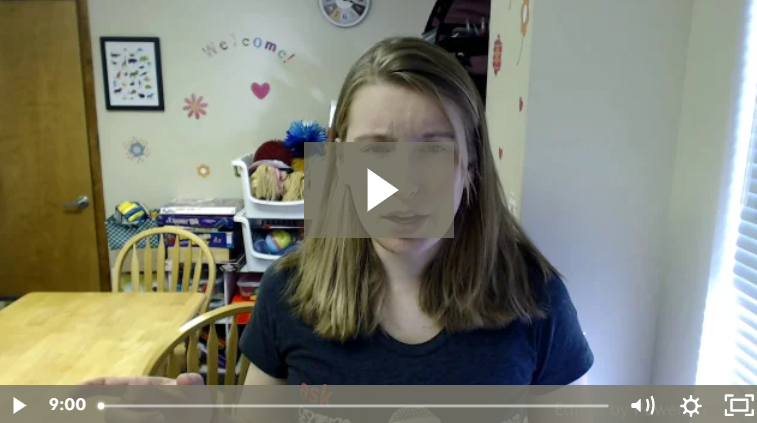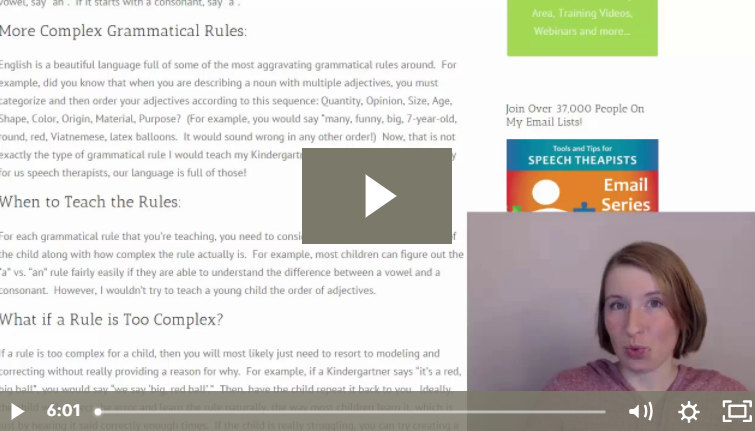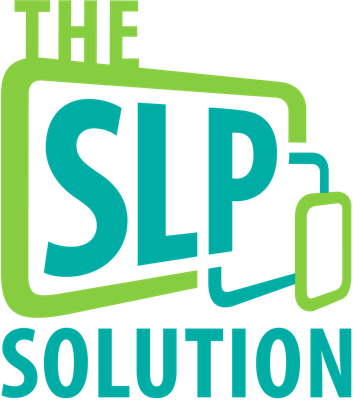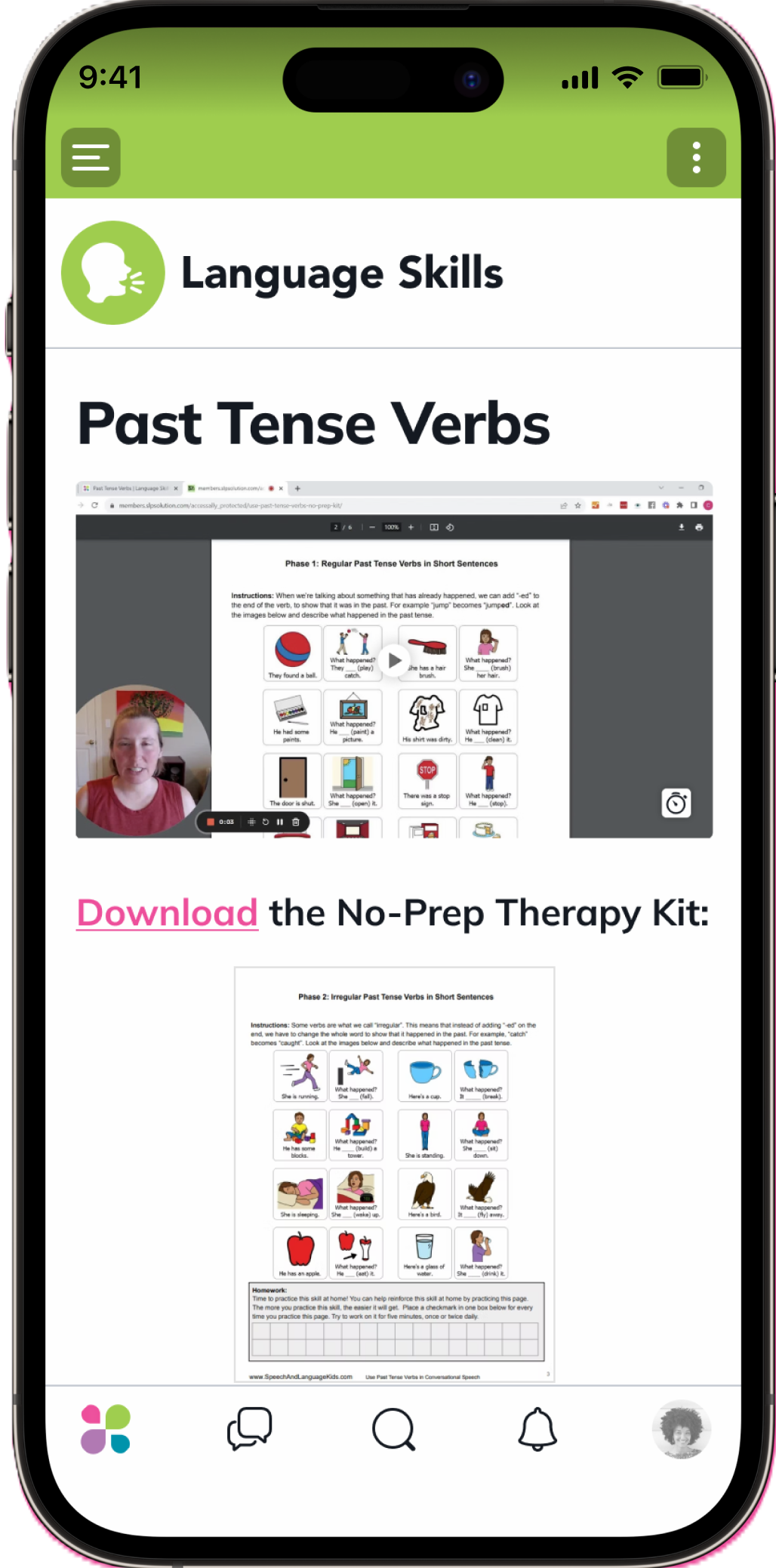Condition: Intellectual Disability/Cognitive Impairment
Definition:
Intellectual Disability (ID) is characterized by
- significant limitations in intellectual functioning (e.g., reasoning, learning, and problem solving);
- significant limitations in adaptive behavior (i.e., conceptual, social, and practical skills in everyday life); and
- onset in childhood (before the age of 18 years; American Association on Intellectual and Developmental Disabilities [AAIDD, 2013]).
This definition of ID balances limitations with an equal emphasis on skills. Consequently, language and philosophy concerning ID now focuses on levels of support necessary to maximize an individual’s ability, rather than strictly on deficits in functioning.
The AAIDD definition is consistent with the diagnostic criteria for Intellectual Disability (Intellectual Developmental Disorder) in the Diagnostic and Statistical Manual of Mental Disorders (DSM-5; American Psychiatric Association [APA], 2013). Severity levels (mild, moderate, severe, and profound), as defined in DSM-5, are based on adaptive functioning in the conceptual, social, and practical domains.
ID is a subset of developmental disability (DD). DD is defined as follows:
- A severe, chronic disability in an individual 5 years of age or older
- Onset before 22 years of age
- Results in substantial functional limitations in three or more areas of life activity (self-care, receptive and expressive language, learning, mobility, self-direction, capacity for independent learning, economic self-sufficiency
(Developmental Disabilities Assistance and Bill of Rights Act, 2000)
Lifelong, early-onset conditions that result in substantial functional limitations—but not necessarily concomitant intellectual limitations—include autism spectrum disorder (ASD) or cerebral palsy (although many individuals with these conditions do, in fact, have ID). Individuals with these diagnoses who have age-level cognitive skills would be considered to have DD without ID.
Source: https://www.asha.org/practice-portal/clinical-topics/intellectual-disability/
Signs and Symptoms:
Individuals with ID have intellectual deficits as well as deficits in adaptive functioning in the conceptual, social, and practical domains (APA, 2013).
Deficits in Intellectual Functions
- Language development
- Reasoning
- Problem solving
- Planning
- Abstract thinking
- Judgment
- Academic learning
- Learning from experience
Deficits in Adaptive Functioning
- Failure to meet developmental and sociocultural standards for personal independence and social responsibility
- Limited functioning in one or more daily life activities (e.g., communication, social participation, and independent living) across settings–in the home, school, work, and community).
The level of support needed for adaptive functioning (i.e., performance of basic life skills) determines the severity level for ID.
Source: https://www.asha.org/practice-portal/clinical-topics/intellectual-disability/#collapse_2
Evaluation:
Assessment for individuals with ID involves multiple professionals due to the varying and far-reaching needs across developmental domains. Team models may be multidisciplinary, interdisciplinary, or transdisciplinary.
The role of SLPs and audiologists is to assess the individuals speech, language, and hearing skills. Assessments are sensitive to cultural and linguistic diversity and address components within the ICF (WHO, 2001) framework, including body structures/functions, activities/participation, and contextual factors. Findings from the communication and hearing assessments should be analyzed in the context of findings from other professionals (e.g., psychologist) for whom an ID diagnosis is within their purview.
Source: https://www.asha.org/practice-portal/clinical-topics/intellectual-disability/#collapse_5
Check out our other resources on evaluating this condition:
What to Target for Children who Have Low Scores in All Areas
This quick videos goes over the discrepancy model (should children with low IQ scores and low language scores be given therapy) as well as what goals to choose when your evaluation shows low scores in all areas.
Suggested Goals:
The results of the assessment process should help guide what you will target in therapy for a child with intellectual disabilities. Here are some areas that may need to be targeted for children with intellectual disabilities. Or, scroll down to the therapy section for more in-depth resources and support for treating this condition.
Therapy:
Here are some more resources and information that may help you when it comes to treating this condition.
Tips for Working with Children with Intellectual Disabilities
This short video will give you some ideas of what to work on with children who have intellectual disabilities.
Options for Severely Delayed Children Going into Kindergarten
A short video explaining some different options for children with intellectual disability who are of the age for Kindergarten but who may not be ready academically or socially.
Therapy for Children with Multiple Disabilities
Short video with ideas for evaluating and working with children who have multiple disabilities.
Hearing Loss and Cognitive Delays
Short video with the answer to the question: do hearing loss and cognitive delays occur together?
How to Explain Grammatical Rules to Children with Intellectual Disabilities
Children with ID often have difficulty understanding grammatical rules. But how in-depth should you go when explaining these rules to them?
Didn’t Find What You’re Looking For?
We’re constantly working on adding new features and topics to this membership site. If you don’t find what you’re looking for by using the search bar at the top of the page, please use the button below to request new features or topics to be added!
